So my understanding is this...
String[] banks = {"B of A", "Chase", "Wells Fargo"};
Index: used as a reference to the actual place holder in the element's value of an array.
index 0 is "B of A"
index 1 is "Chase"
index 2 is "Wells Fargo"
Element: used to define how many values there are in an array (not including 0). In other words, Index == Element - 1 For example, this array has 3 elements:
element 1 is "B of A"
element 2 is "Chase"
element 3 is "Wells Fargo"
Values: used to define what the actual variable type value is being held in the elements/indexes
the value of index 0 and element 1 is "B of A"
the value of index 1 and element 2 is "Chase"
the value of index 2 and element 3 is "Wells Fargo"
Is this a correct interpretation? I want to make sure I'm learning this correctly.
My reason for asking, is to validate the question I got wrong on a test:
